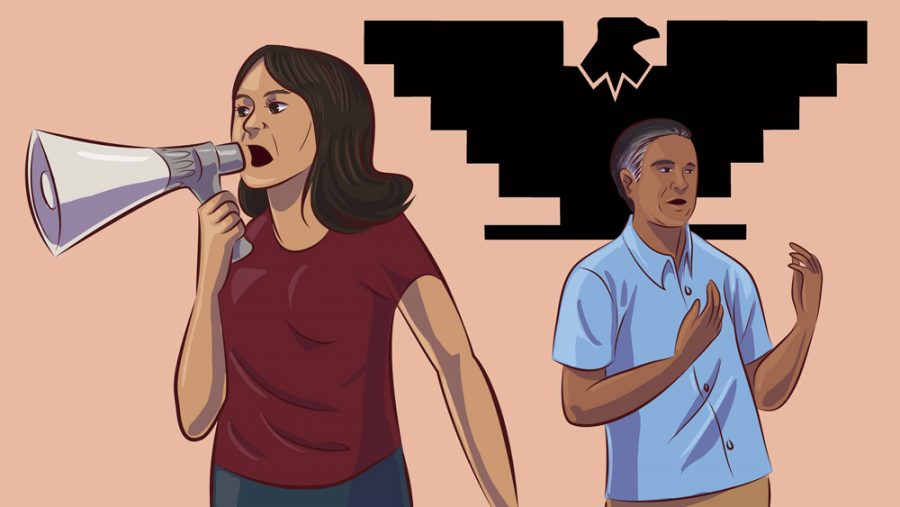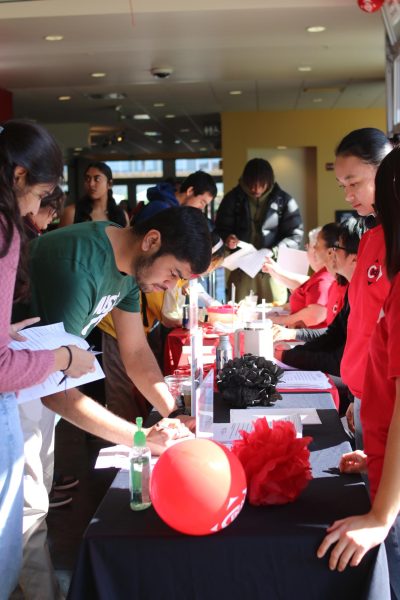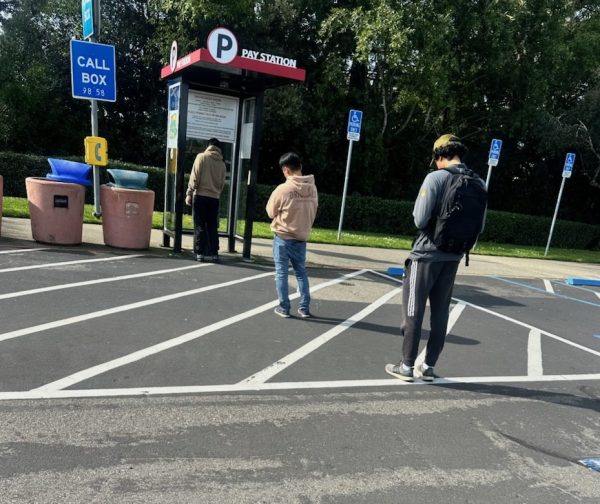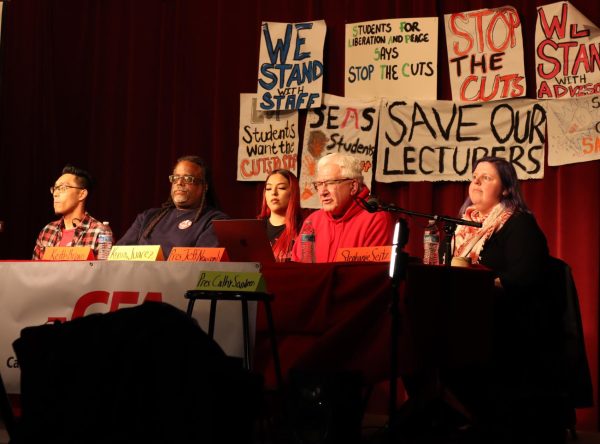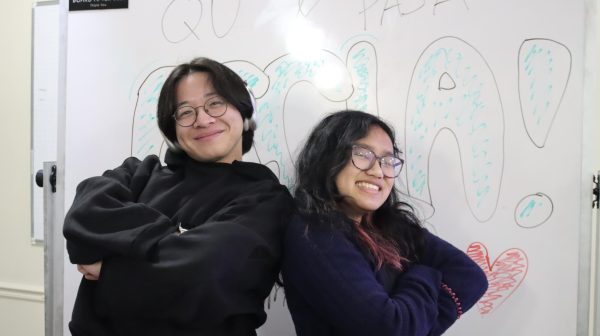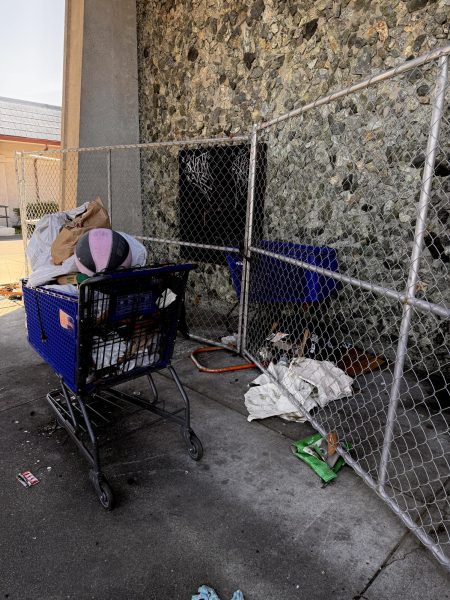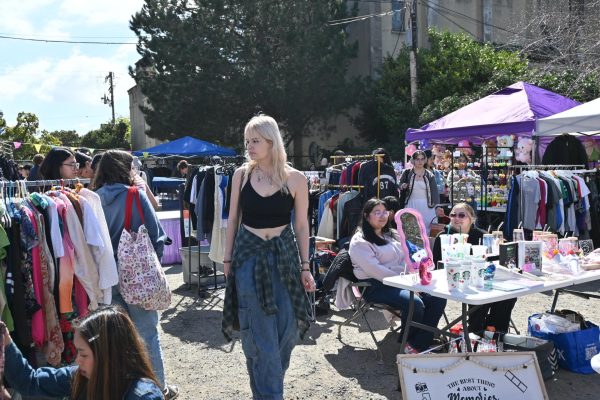Civil rights activist to visit Hayward
American labor leader and civil rights activist Dolores Huerta is set to visit Cal State East Bay on May 31 to speak and reflect on her life and work in the labor movement in a presentation titled, “Lessons Learned: Past, Present and Future.”
The event will take place at the University Theatre from noon to 1 p.m. and food will be served before the event from 11:00 a.m. to 11:30 a.m. The event is free but pre-registration is highly encouraged due to limited seating.
Huerta’s visit to Cal State East Bay, co-hosted by the Office of University Diversity, the Chicano/Latino Faculty & Staff Association and the Associated Students, Inc., came about as the university celebrated Cesar Chavez Day in March, said Dr. Lettie Ramirez, professor in the Department of Teaching Education.
“At the university we try to celebrate our diversity. This year we wanted to bring Dolores Huerta who was Cesar Chavez’s left and right hand, to celebrate all the work that they have done for all farm workers,” Ramirez said. “As time goes by we often forget all the struggles and efforts that many have gone through and it is important to bring all the lessons that they learned from the past.”
The title of the presentation was given by Cal State East Bay, and Huerta will be speaking about movements and leaderships that she helped mobilize, as well as how to advance leadership in our communities today.
According to Ramirez, bringing Huerta’s lessons and sharing them with the Cal State East Bay community is important because many continue to experience similar struggles to those that she has been fighting to improve.
“We are currently experiencing a high dropout rate of Latinos at the high school level, as well as the university,” Ramirez stated. “We have a low graduation rate that President Morishita wants to change. We need to remember how much we’ve improved and how much work we have ahead.”
According to the Dolores Huerta Foundation, Huerta was born Dolores Clara Fernandez in April of 1930 in a small mining town in the mountains of northern New Mexico. Following her parent’s divorce at the age of three, Huerta moved with her mother and brother to Stockton, California where she spent most of her childhood and early adult life, while still maintaining a relationship with her father.
Upon graduating from Stockton High School in 1947, Huerta continued her education at Stockton’s University of Pacific’s Delta College, where she earned a provisional teaching credential. The classroom is where Huerta found her calling to fight economic injustice, as she found herself unable to continue watching her students come to school without shoes and on empty stomachs.
Many of these children were sons and daughters of farm workers and soon after she left teaching, Huerta founded the Agricultural Workers Association, set up voter registration drives and pressed local governments for barrio improvements, while serving in the leadership of the Stockton Community Service Organization (CSO).
She then met civil rights, Latino and farm labor leader Cesar Chavez in 1955 and quickly discovered that they both shared a strong desire, vision and need to help farm workers and improve their working conditions. However, organizing farm workers was a mission that did not align with the CSO’s mission.
In response, Chavez and Huerta resigned in 1962 and immediately launched the National Farm Workers Association together, which later became the United Farm Workers. According to the organization, the United Farm Workers of America “is the nation’s first successful and largest farm workers union currently active in 10 states.”
Huertas’ foundation explains that she was also a fundamental factor in the enactment of the Agricultural Labor Relations Act of 1975, which was “the first law of its kind in the United States, granting farm workers in California the right to collectively organize and bargain for better wages and working conditions.”
Soon after, Huerta met American feminist, social and political activist Gloria Steinem and realized that they too shared much in common. Similar to Steinem’s battle for gender equality, Huerta quickly began to battle gender discrimination within farm working as well. But following an assault at the age of 58, Huerta took a leave of absence from the union and began campaigning for women’s rights and encouraging Latinas to run for office.
Today, her work remains especially important because there are thousands of poor, working immigrants in the San Joaquin Valley who are unfamiliar with laws or agencies that offer benefits and protection for farm workers.
“As founder and president of the Dolores Huerta Foundation, [Huerta] travels across the country engaging in campaigns and influencing legislation that supports equality and defends civil rights,” her online foundation site states. “She often speaks to students and organizations about issues of social justice and public policy.”
According to Ramirez, the reason we have not had her at Cal State East Bay before is because “she is so involved with all the politics right now that the foundation wants her to slow down but they can’t catch her.” Even at age 86, Huerta remains a tireless advocate for the working poor, women and children.


